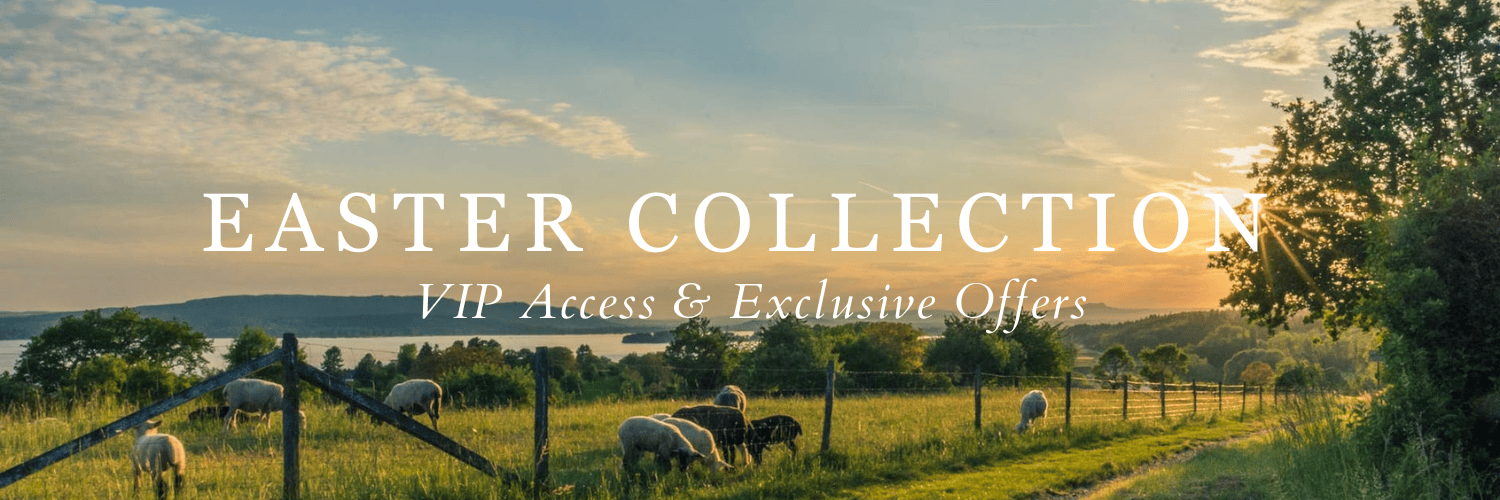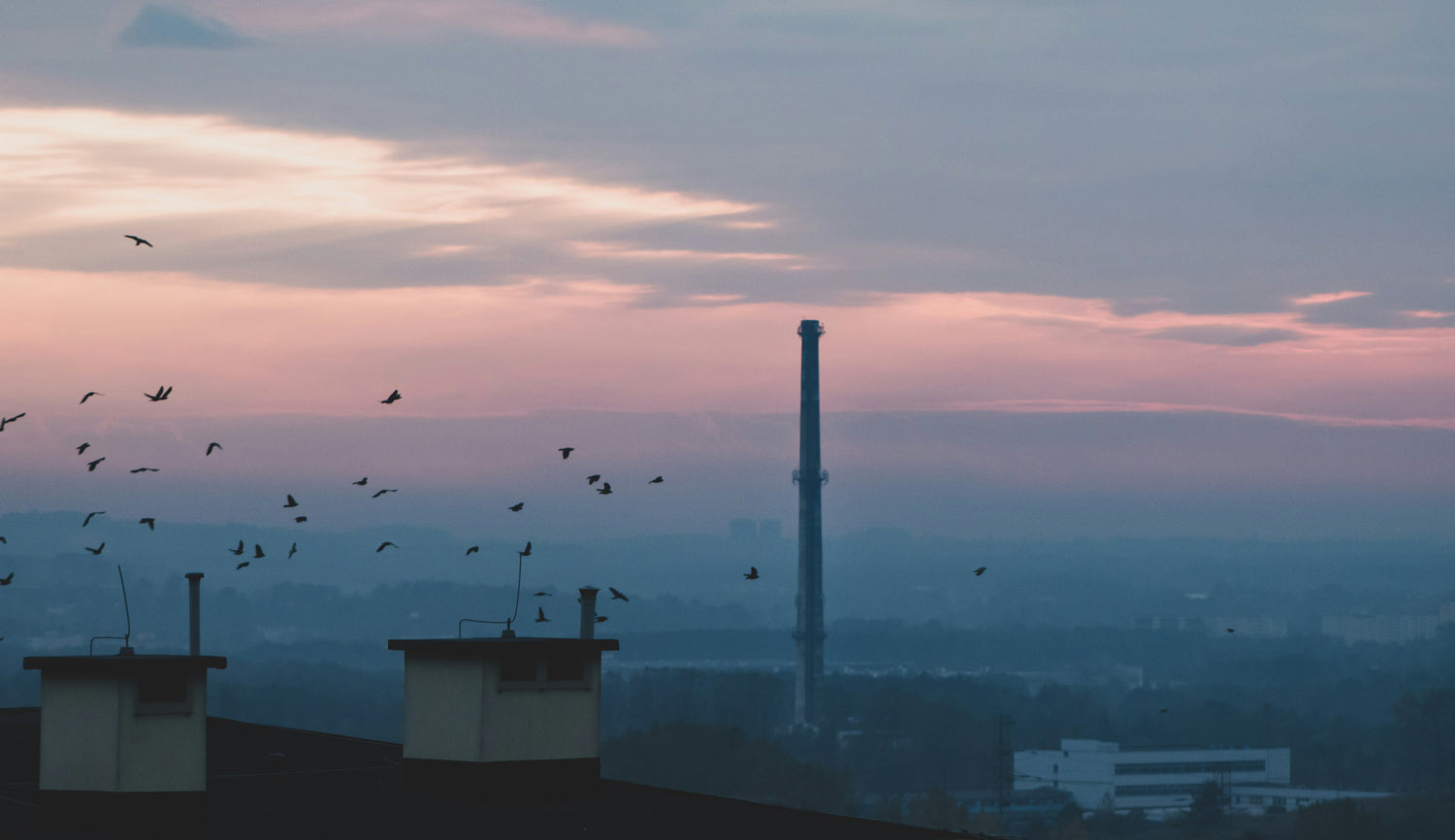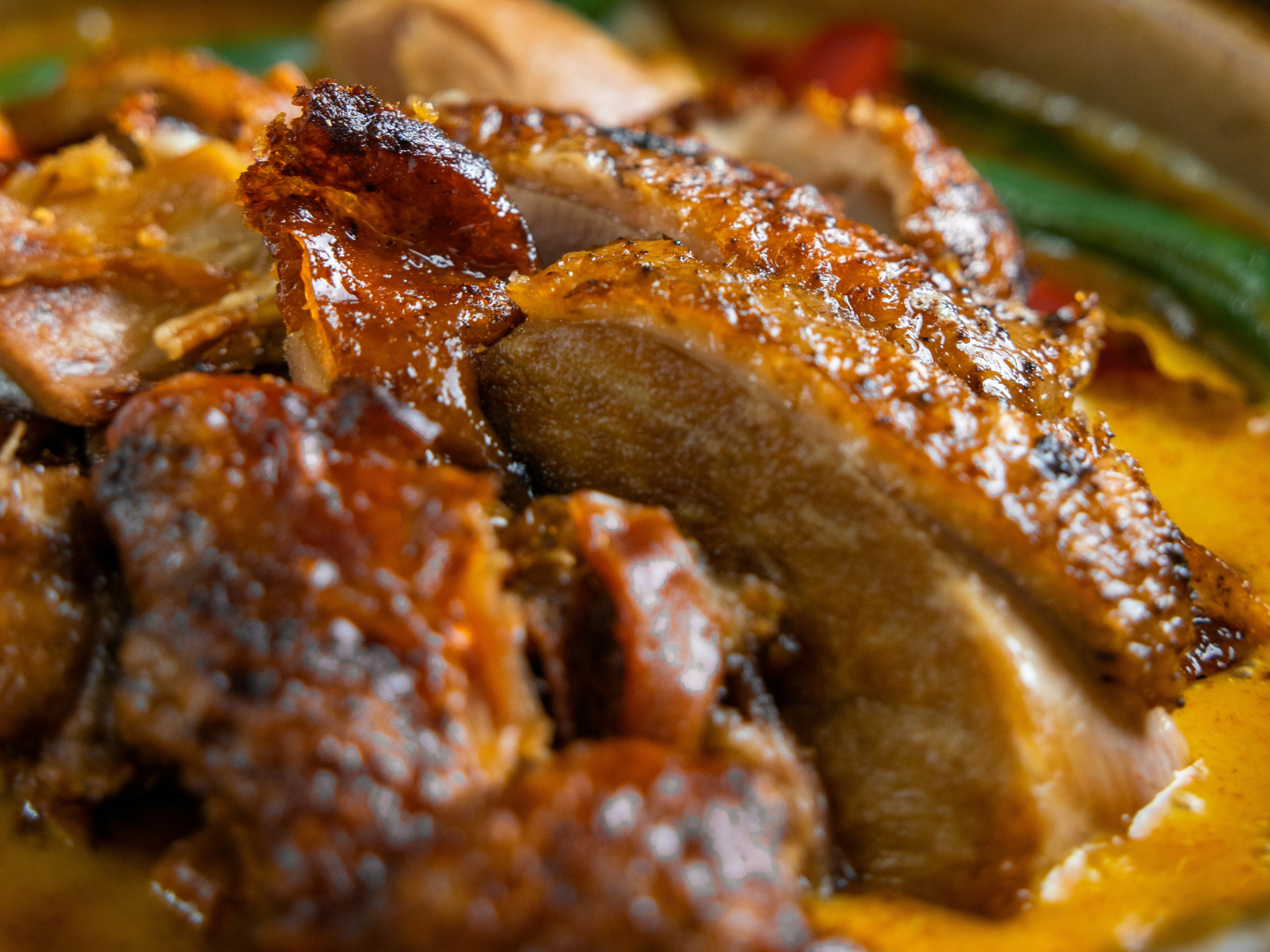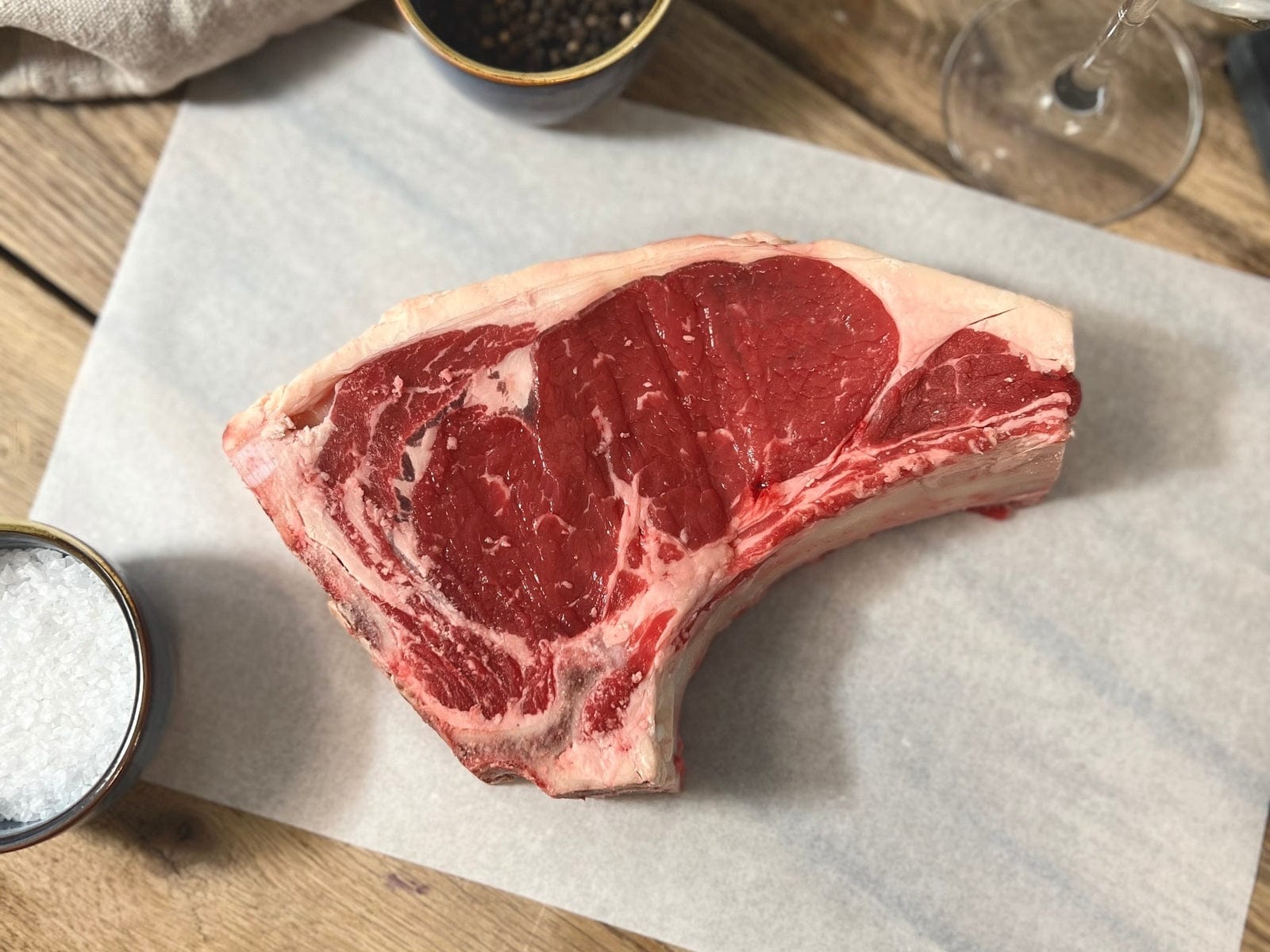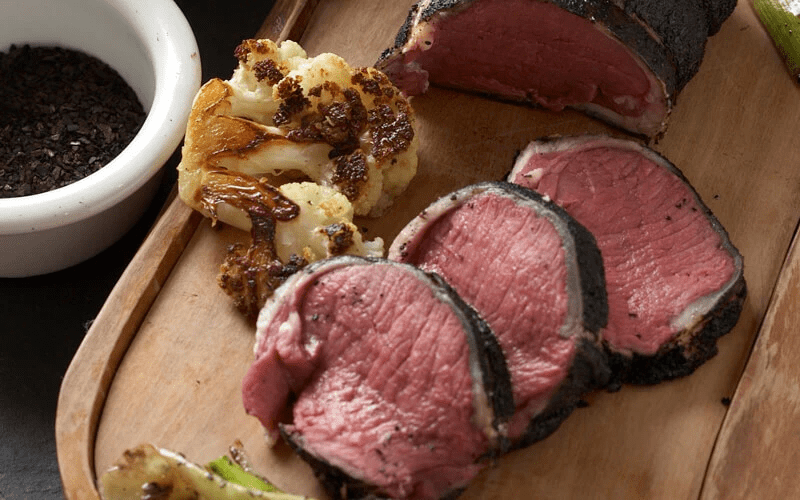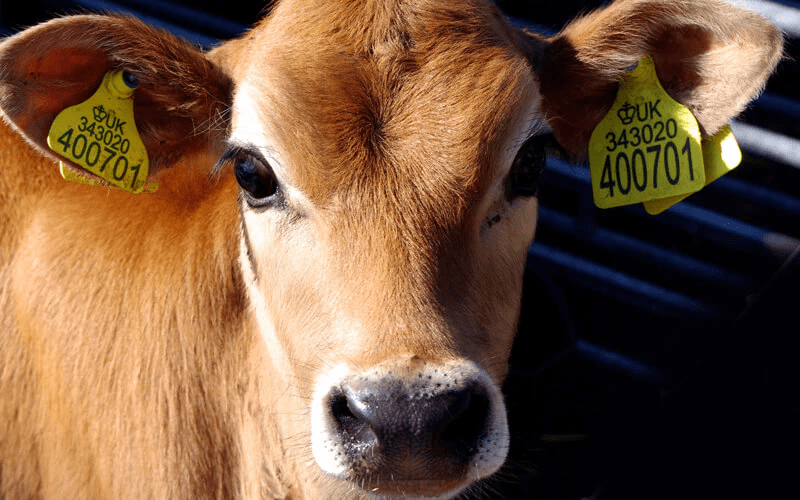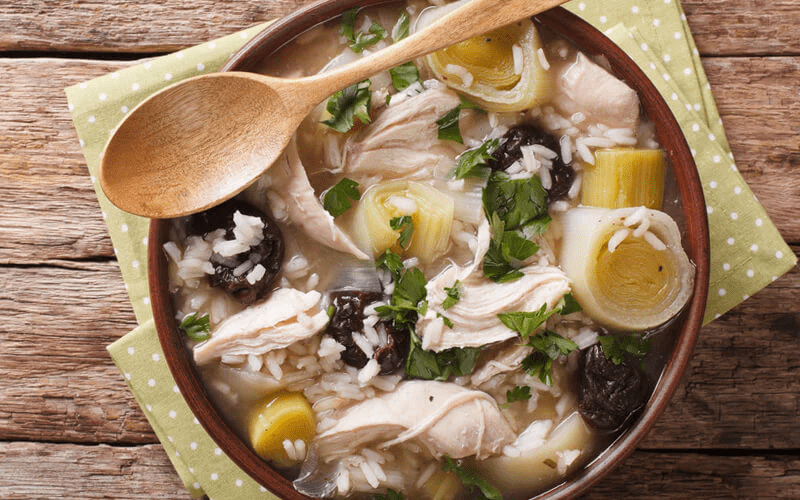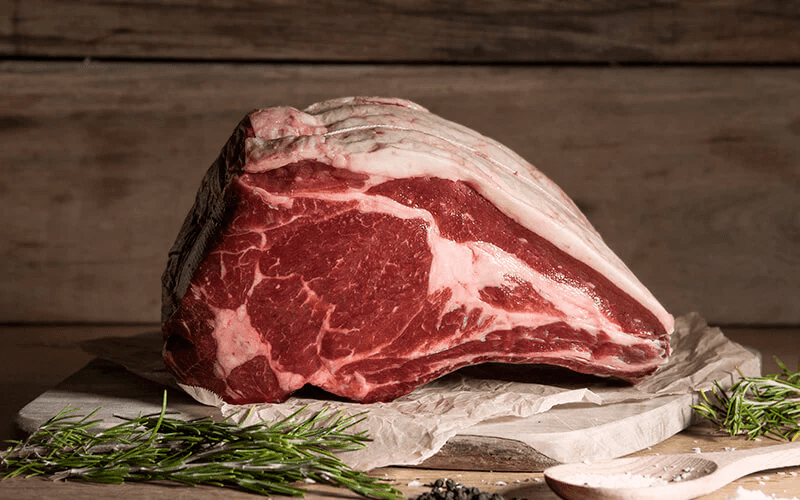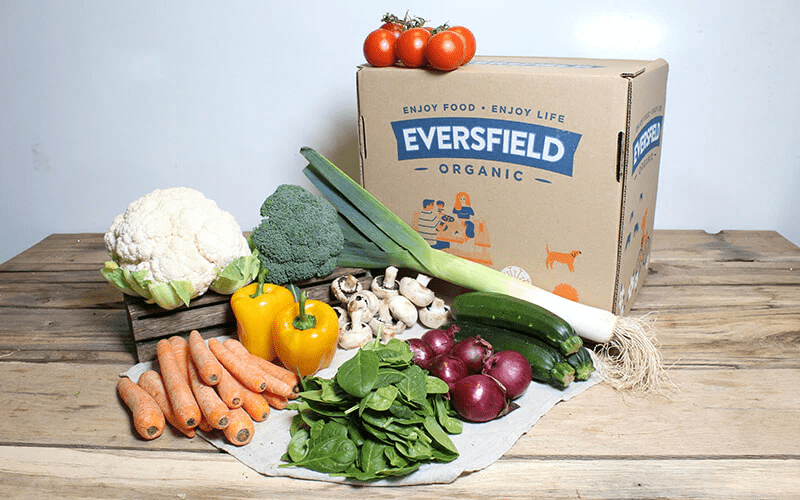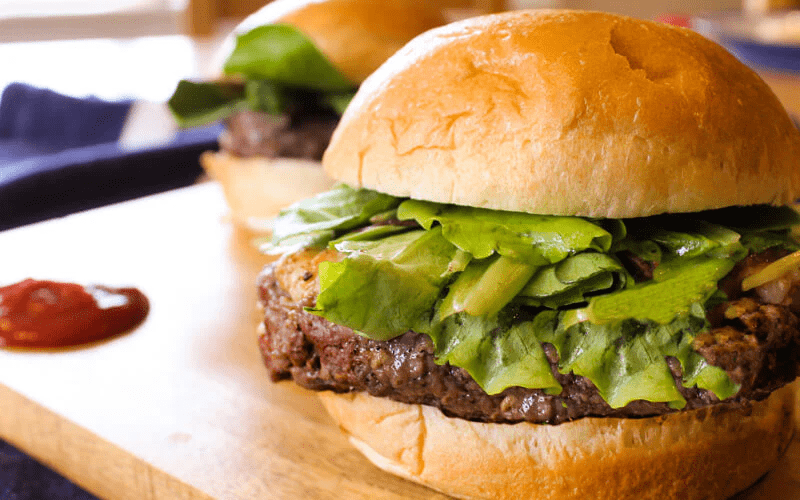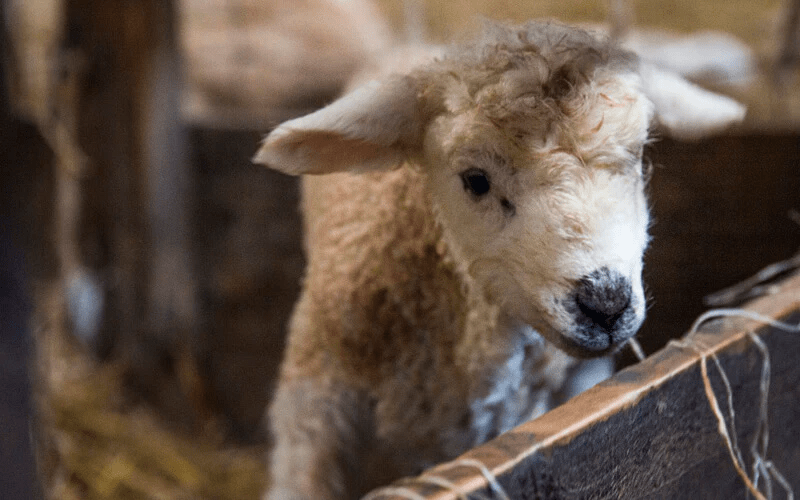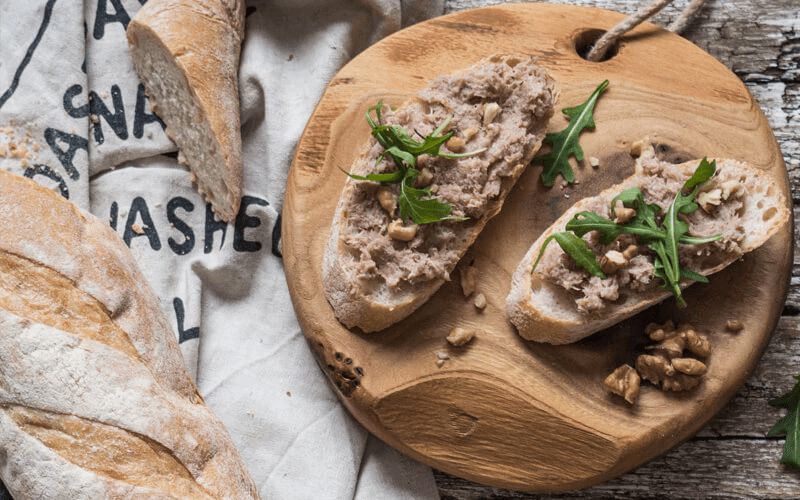The Frightening Truth Behind Factory-Farmed Food
Halloween might bring ghosts and ghouls to mind — but there’s something far scarier lurking in the food system. Behind many supermarket shelves lies the reality of non-organic, factory farming — and these facts are enough to send shivers down any conscious eater’s spine.
At Eversfield Organic, we believe in honesty, transparency, and sustainable farming. So this Halloween, we’re uncovering the frightening truths about intensive agriculture — and why choosing organic meat is better for you, the animals, and the planet.
👻 1. The Caged Reality of Factory Farming
Over 70% of farmed animals in the UK are reared in intensive systems — meaning they spend most (if not all) of their lives indoors. In non-organic systems, animals are often confined to cramped spaces with little or no access to fresh air or pasture.
Chickens may live in sheds holding tens of thousands of birds. Pigs are frequently housed on concrete floors with no bedding. Cows can be kept indoors year-round, never feeling grass beneath their hooves.
By contrast, organic standards require animals to have access to the outdoors, space to roam, and an environment that allows natural behaviour.
🧪 2. Antibiotics Overload
In intensive systems, antibiotics are routinely given to healthy animals to prevent disease — not just to treat it. This overuse contributes to antimicrobial resistance, a major global health threat according to the World Health Organization.
Organic livestock, however, are raised in lower-stress environments with natural diets, meaning they rarely need antibiotics. When used, it’s only under veterinary advice and with strict withdrawal periods — ensuring no residue remains in the meat.
💀 3. Hidden Chemicals in Feed
Non-organic animals are often fed genetically modified (GM) crops such as soya or maize, which may have been sprayed with pesticides or herbicides like glyphosate — a chemical linked to environmental harm and biodiversity loss.
In organic farming, animals eat a 100% organic diet, free from GM ingredients and chemical residues. This not only benefits their health but also protects soil life, pollinators, and the wider ecosystem.
🕷️ 4. Environmental Damage Beneath the Surface
Intensive livestock farming is one of the biggest contributors to deforestation, water pollution, and greenhouse gas emissions. Massive quantities of imported feed and slurry run-off pollute rivers and harm wildlife habitats.
Organic farming, on the other hand, focuses on working with nature — building healthy soils that store carbon, improving biodiversity, and using natural cycles to sustain fertility and productivity.
⚰️ 5. The Hidden Cost of Cheap Meat
Factory farming drives down prices — but not without a cost. Behind cheap meat are low animal welfare standards, struggling farmers, and an unsustainable model that prioritises profit over ethics.
Organic farming ensures fair pay, local supply chains, and family-run farms, keeping rural communities alive and food production more accountable.
🌱 Why Choosing Organic Isn’t Scary — It’s the Solution
The truth about factory farming might be frightening, but there’s a hopeful side to this story. Every time you choose organic, you’re helping:
-
Support higher animal welfare standards
-
Protect biodiversity and soil health
-
Reduce chemical pollution and antibiotic use
-
Strengthen local farming communities
-
Contribute to a healthier, more sustainable food system
At Eversfield Organic, all our meat comes from certified organic farms, where animals are free to roam, graze naturally, and live as nature intended.
So this Halloween, forget the haunted houses — the real horror lies in intensive farming. Luckily, the remedy is simple: choose organic, and keep your conscience clean.

